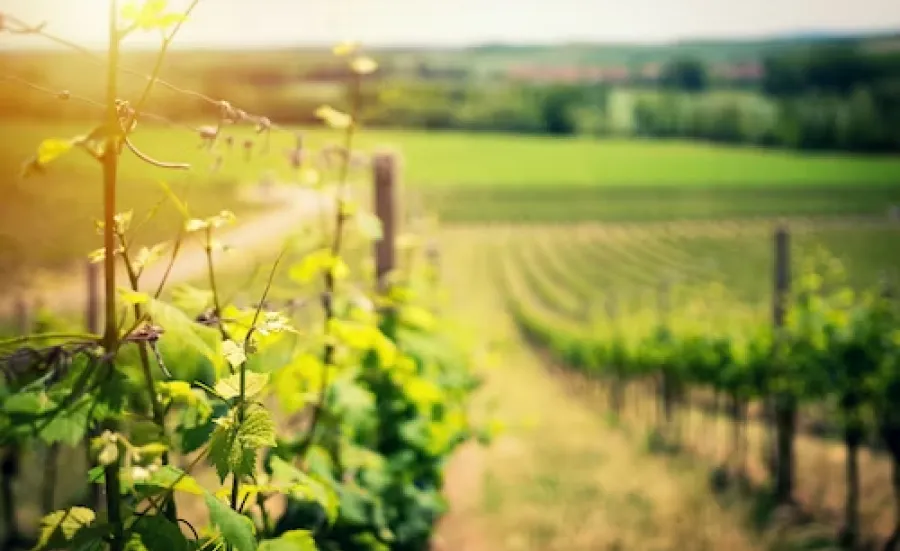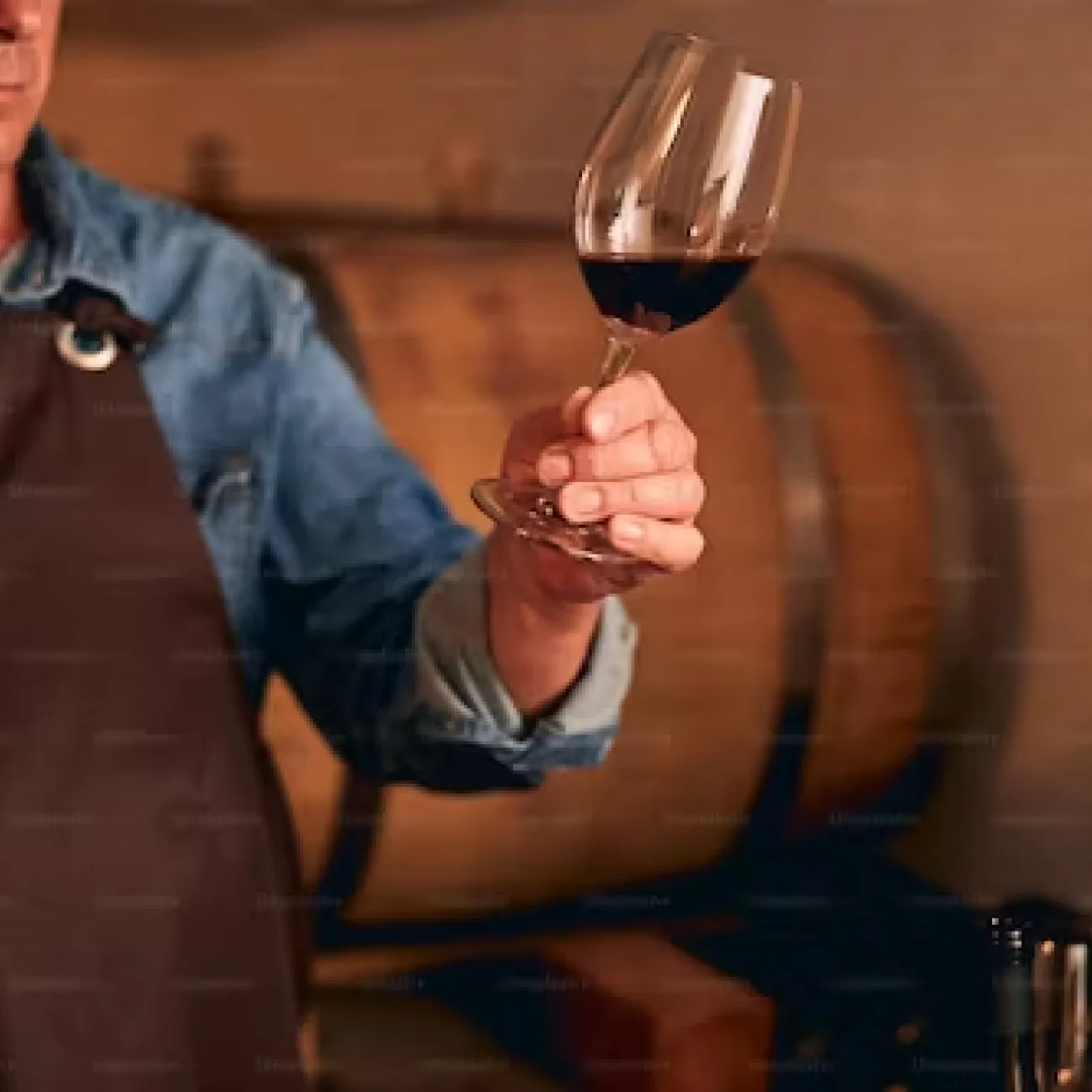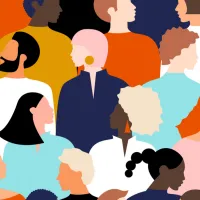Professor Marion Demossier believes that ethnographic fieldwork provides a unique way to examine contemporary cultures and societies.
“You can immerse yourself in a community and study its language, habits and beliefs over a period of time,” she explains.
This leads to what ethnographers call a “native point of view”, which can provide rare insights into the relationship between people and their environment.
As a young anthropologist, Marion was interested in studying rural communities. So she was thrilled when she had the chance to do fieldwork in a winegrowing community in Burgundy.
“Among food commodities”, she explains, “wine offers the most complex example of post-rural agricultural transition.
“There is a huge debate going on about ecological risks and how to transform traditional agricultural systems. But still very little is understood about the particular challenges faced by wine producers.”
For Marion, an anthropologist with a passionate interest in viticulture, ethnographic fieldwork offered a chance to shine a light on these challenges.
But first, she would have to win the acceptance of the winegrowing community itself.
Rural Burgundy is not always open to outsiders. It was also the mid-1990s and “wine was becoming rapidly commodified”. This meant wine producers could be guarded about revealing the secrets of their methods.







